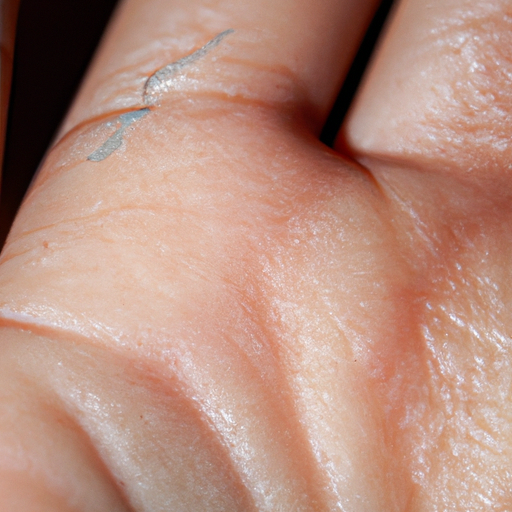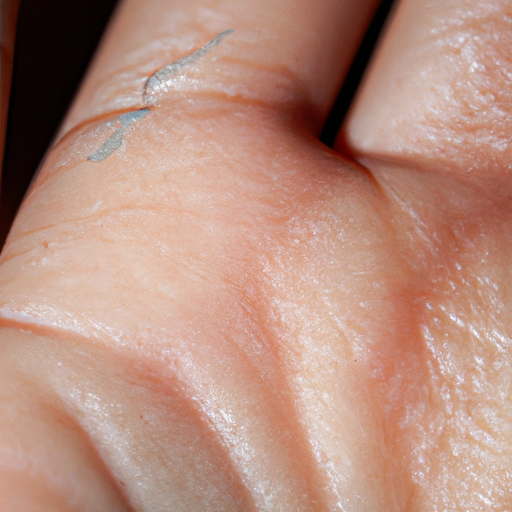As a dermatologist, I am often approached by patients who are battling dry skin. This common condition can cause discomfort and can affect the overall appearance of the skin. Dry skin can be caused by various factors, including environmental conditions, aging, or underlying skin conditions. However, there is a secret arsenal that dermatologists use to combat dry skin. Here are some of the top tips that we recommend for maintaining healthy, hydrated skin.
Firstly, hydration is key. Drinking plenty of water throughout the day helps to keep your skin hydrated from the inside out. It’s not just about applying topical treatments; your skin needs internal hydration as well. Aim for at least eight glasses of water per day, more if you are active or live in a dry climate.
Secondly, moisturizing is crucial. Apply a high-quality moisturizer immediately after bathing to lock in moisture. Look for products that contain ingredients like hyaluronic acid, glycerin, and ceramides, which help to attract and retain moisture in the skin. Avoid products with fragrances or harsh chemicals, as these can further dry out the skin.
Exfoliation is another important step in combating dry skin. Dead skin cells can accumulate on the surface of the skin, preventing moisturizers from penetrating deeply. Use a gentle exfoliator once or twice a week to remove these dead skin cells and reveal fresh, hydrated skin beneath.
Another secret weapon in our arsenal is humidifiers. These devices can be particularly beneficial during the winter months when indoor air tends to be dry due to heating systems. Humidifiers add moisture back into the air, which can help prevent your skin from drying out.
Dermatologists also recommend avoiding hot showers and baths. While they may feel soothing, hot water can strip your skin of its natural oils, leading to dryness. Instead, opt for warm water and limit your showers or baths to 10-15 minutes.
Diet also plays a significant role in skin health. Consuming foods rich in omega-3 fatty acids, such as salmon, walnuts, and flaxseeds, can help to nourish your skin from the inside out. Similarly, foods high in antioxidants, like berries, spinach, and dark chocolate, can help to protect your skin from damage.
Lastly, it’s important to protect your skin from the sun. While sunlight is a great source of vitamin D, excessive exposure can lead to dryness and premature aging. Always apply a broad-spectrum sunscreen with an SPF of at least 30 before heading outdoors, even on cloudy days.
In conclusion, combating dry skin requires a multi-faceted approach that includes hydration, moisturization, exfoliation, humidification, temperature control, a healthy diet, and sun protection. If you’re struggling with persistent dry skin despite following these tips, it may be time to consult a dermatologist. We have access to prescription treatments and can provide personalized advice based on your specific skin type and concerns.
Remember, everyone’s skin is unique. What works for one person may not work for another. It’s all about finding the right balance and routine that works for you. With the right care and attention, you can maintain healthy, hydrated skin all year round.




